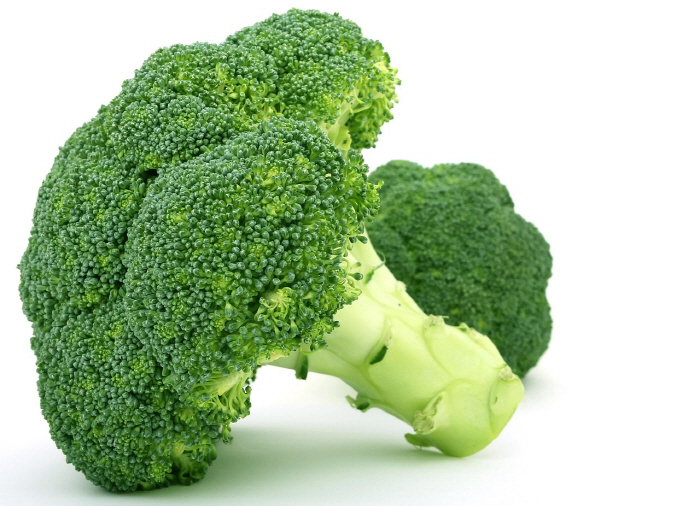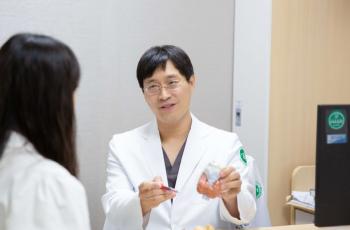Eating enough broccoli and cabbage reduces the risk of colon cancer by more than 20%
Aug 22, 2025
|
This is the result of a study by a research team at China's Inner Mongolia Forestry General Hospital recently published in BMC Gastroenterology.
As a result of the research team's meta-analysis of a total of 639,539 people (97,595 colorectal cancer patients) in 17 studies, it was confirmed that the higher the cruciferous vegetable intake, the lower the risk of colorectal cancer.
Specifically, as a result of analyzing the dose-response relationship, the effect is evident even with 20 to 40g intake per day, and the protection effect (risk level of 0.74 to 0.8) reaches almost the maximum when eating 40 to 60g per day, and the additional benefits are not significant even if consumed more than that. In general, a broccoli (songi) has about 300g of radish.
The group that consumed the most decreased the risk of developing colorectal cancer by 20 to 26% compared to the group that consumed the least.
This effect was particularly noticeable in Asia and North America, with no statistically significant association between Europe and Australia.
While paying attention to differences in eating habits, recipes, and genetic factors, the research team said caution is needed in generalization as the research area is biased toward North America and Asia.
On the other hand, cruciferous vegetables are not only rich in antioxidants such as flavonoids, dietary fibers, vitamin C, and carotenoids, but also contain a lot of glucosinolates. When chewing, glucosinolates are decomposed and turned into a physiologically active substance called isothiocyanate, of which sulforaphane (SFN) plays an important role. Sulforaphane is the cause of the unique smell of cruciferous vegetables, which is known to help prevent cancer. Isothiocyanate plays an important role in preventing and suppressing cancer through various mechanisms, such as blocking carcinogen-activating enzymes.
This article was translated by Naver AI translator.














